Quetta, known as the “Fruit Garden of Pakistan,” produces over 20 varieties of apples that account for nearly 30% of the country’s total apple production. This lesser-explored gem in Pakistan’s Balochistan province offers a unique blend of natural beauty, cultural heritage, and adventure opportunities that remain undiscovered by many international travelers. Nestled at an elevation of 1,680 meters (5,500 feet) and surrounded by imposing mountains, Quetta serves as both a strategic gateway to Afghanistan and Iran and a destination worth exploring in its own right.
Quetta’s dramatic mountain backdrop creates a stunning natural setting for the city
Getting to Quetta
Reaching Quetta is part of the adventure, with several transportation options available depending on your starting point. The city is well-connected to major Pakistani cities through air and land routes, though journeys can be lengthy due to the mountainous terrain.
By Air
The most convenient way to reach Quetta is by flying into Quetta International Airport, which offers regular connections from Karachi, Islamabad, and Lahore. Flights typically take 1-2 hours depending on your departure city, saving considerable time compared to land travel.
By Train
For those seeking a scenic journey, Pakistan Railways operates the Bolan Mail train service connecting Karachi to Quetta. The journey takes approximately 21 hours and offers breathtaking views of the Bolan Pass. The train departs Karachi at 18:00 and arrives in Quetta around 15:10 the next day, with economy class tickets starting from 850-950 rupees and air-conditioned berths from 2,300 rupees.
By Road
Multiple bus services connect Quetta with major cities. From Karachi, the journey covers approximately 689km via the RCD Highway (N-25) and takes 9-10 hours depending on weather and traffic conditions. Popular bus operators include Al Hikmat, AK Movers, JJ Movers, and Al Saif, with fares ranging from 1,200 to 1,800 rupees each way.
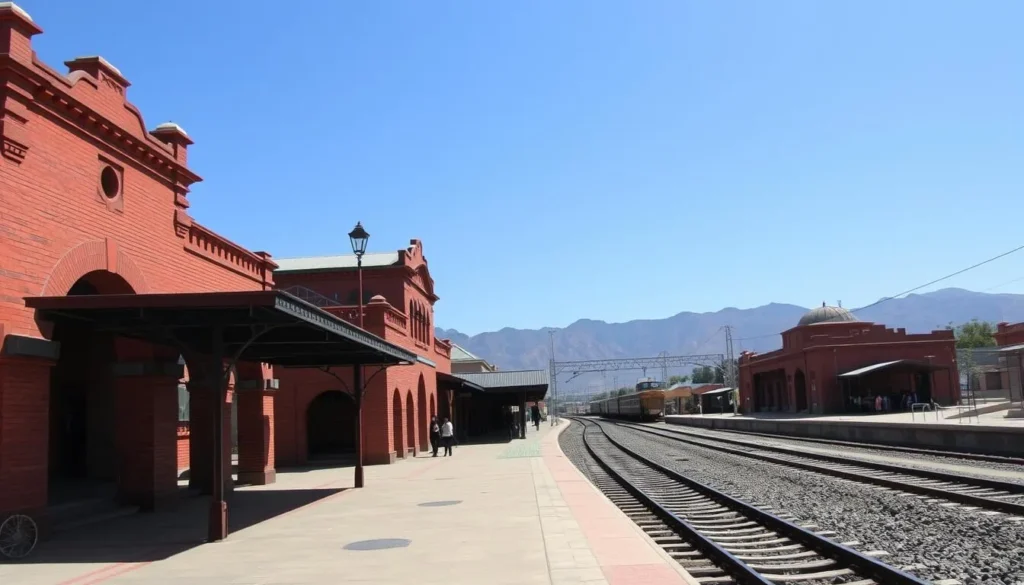
The historic Quetta Railway Station serves as an important transportation hub
Best Time to Visit Quetta
Quetta experiences distinct seasons, with each offering a different perspective on the city’s charm. The climate is generally dry and pleasant for much of the year, though winters can be quite cold.
Spring (March-May)
Spring brings mild temperatures ranging from 10°C to 25°C (50°F to 77°F) and blooming orchards throughout the region. This is an ideal time to visit Quetta as the weather is pleasant and the natural scenery is at its most vibrant.
Summer (June-August)
Summers are relatively mild compared to other parts of Pakistan, with temperatures typically between 15°C and 35°C (59°F to 95°F). The higher elevation provides relief from the intense heat experienced in lowland areas, making Quetta a popular summer retreat.
Autumn (September-November)
Autumn offers comfortable temperatures between 5°C and 25°C (41°F to 77°F) with clear skies and excellent visibility of the surrounding mountains. The fruit harvest season makes this a particularly good time to experience local produce.
Winter (December-February)
Winters are cold with temperatures often dropping below freezing, ranging from -10°C to 10°C (14°F to 50°F). Snowfall is common, especially in December and January, transforming the landscape into a winter wonderland but potentially limiting accessibility to some attractions.
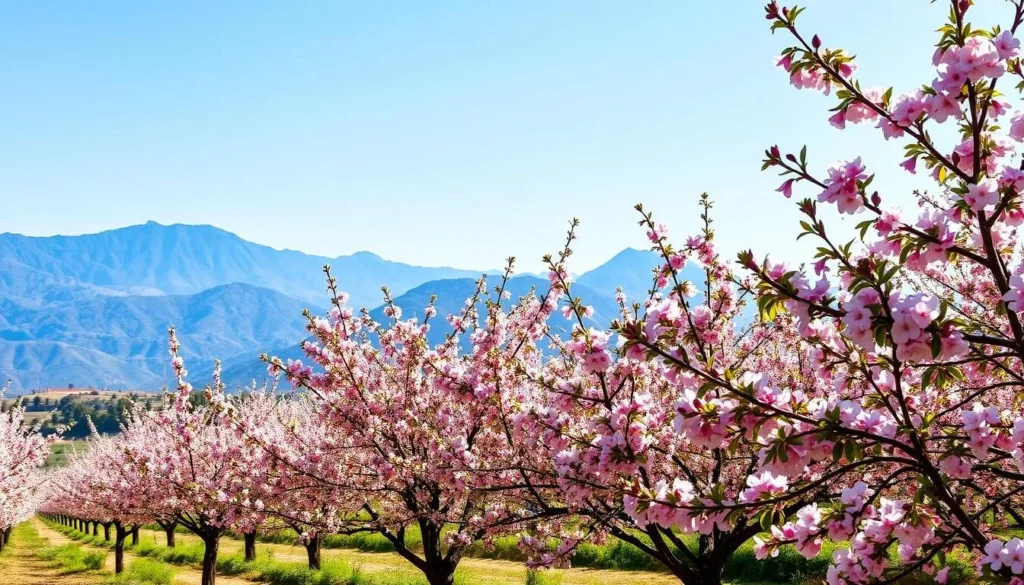
Spring brings vibrant colors to Quetta’s orchards and landscapes
Getting Around Quetta
Navigating Quetta is relatively straightforward, with several transportation options available for exploring the city and its surroundings.
Local Transport
Auto-rickshaws and taxis are readily available throughout Quetta and provide an affordable way to get around the city. Negotiate the fare before starting your journey, as meters are rarely used. For longer distances or day trips to nearby attractions, hiring a private car with a driver is recommended.
Rental Cars
For maximum flexibility, especially when exploring attractions outside the city like Ziarat or Hanna Lake, renting a car is an excellent option. This allows you to travel at your own pace and visit multiple sites in a single day.
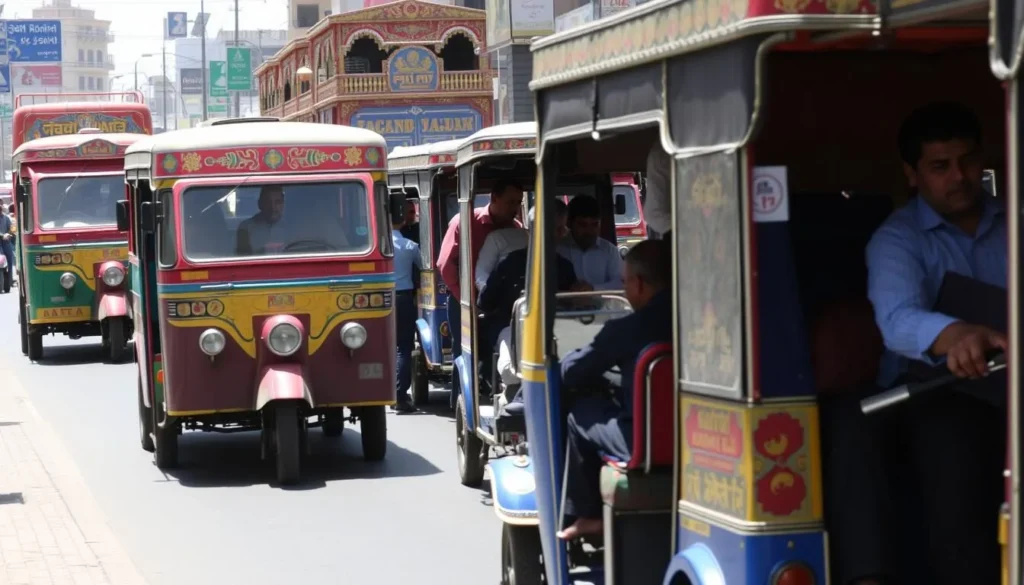
Colorful local transport options add character to Quetta’s streets
Where to Stay in Quetta
Quetta offers a range of accommodation options to suit different budgets and preferences. While luxury options are limited compared to major Pakistani cities, you’ll find comfortable places to stay during your visit.
City Center
Staying in Quetta’s city center provides convenient access to local markets, restaurants, and transportation hubs. Mid-range hotels in this area typically offer clean, comfortable rooms with basic amenities and are within walking distance of Jinnah Road, the main commercial area.
Serena Hotel Area
The area around Serena Hotel offers more upscale accommodation options with better security arrangements and amenities like restaurants, Wi-Fi, and room service. This area is popular with business travelers and tourists seeking higher comfort levels.
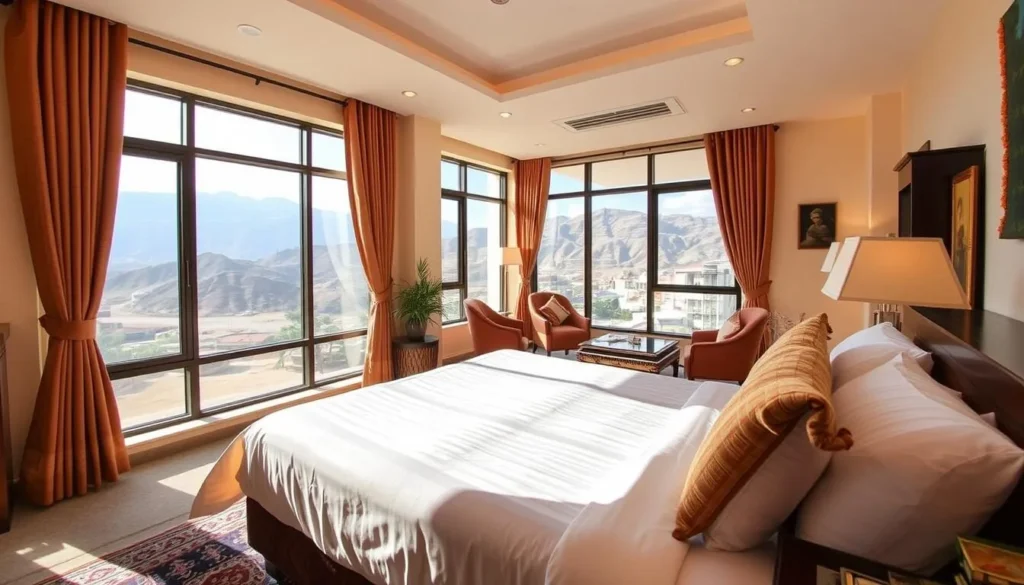
Many accommodations in Quetta offer comfortable rooms with traditional touches
Top Attractions in Quetta
Quetta and its surrounding areas offer a diverse range of attractions, from natural wonders to cultural landmarks. Here are the must-visit places during your trip to this fascinating region of Pakistan.
1. Hanna Lake
Located just 14km from Quetta, Hanna Lake is one of the city’s most popular attractions. This serene body of water is surrounded by mountains and features a distinctive island in its center known locally as the “Bloody Mountain” due to its reddish hue. Visitors can enjoy boating on the lake, picnicking along its shores, or hiking in the surrounding hills. The lake is particularly beautiful in the early morning or late afternoon when the changing light creates stunning reflections on the water.
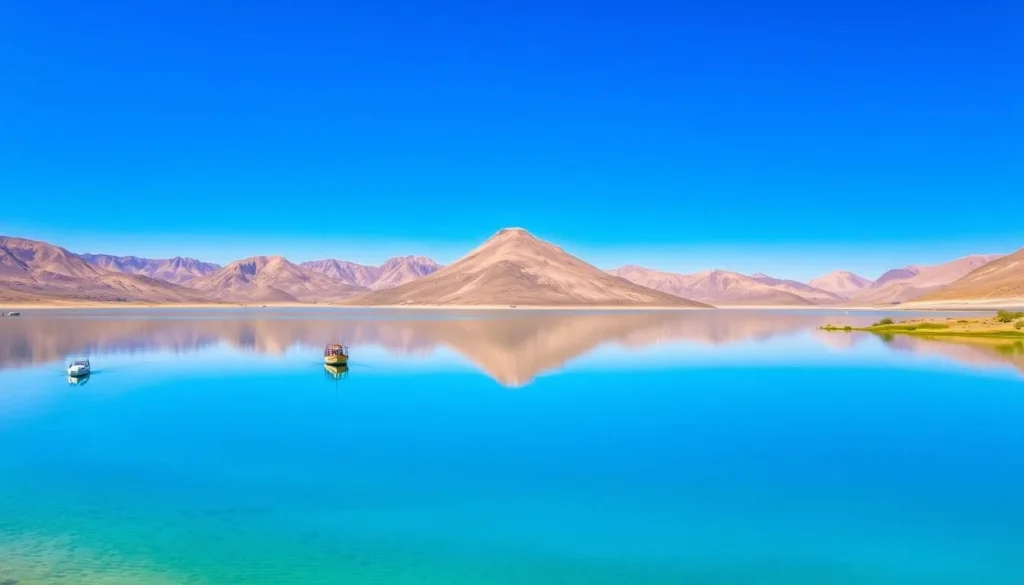
Hanna Lake offers stunning mountain reflections and boating opportunities
2. Hazarganji Chiltan National Park
Located about 20km southwest of Quetta, Hazarganji Chiltan National Park was established to protect the endangered Chiltan wild goat (markhor). The park covers an area of approximately 15,000 hectares and features diverse flora and fauna. Visitors can explore hiking trails that offer panoramic views of the surrounding landscape and, if lucky, spot some of the park’s wildlife. The name “Hazarganji” means “of a thousand treasures,” reflecting the area’s rich natural heritage.
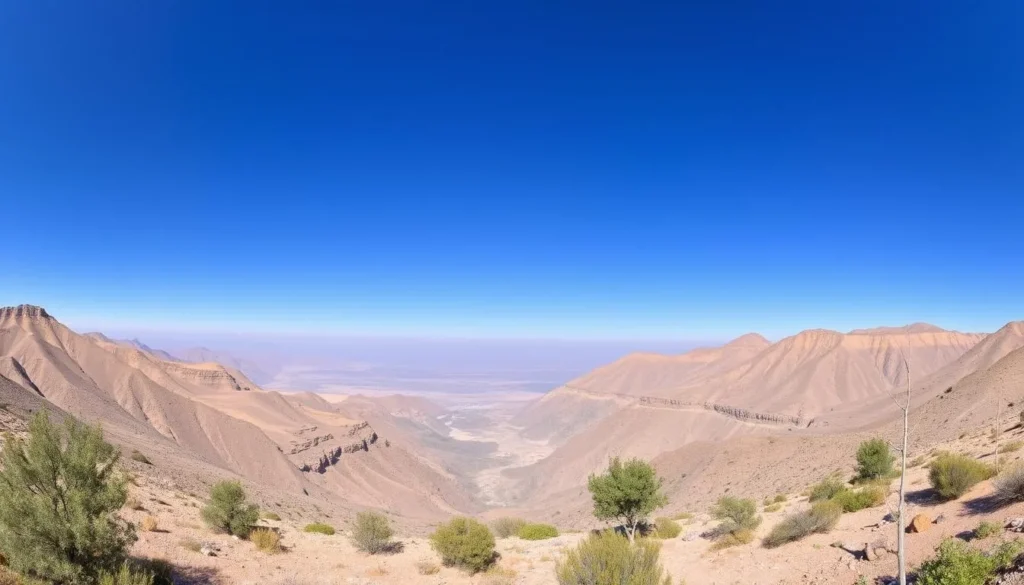
Hazarganji Chiltan National Park protects endangered wildlife and offers hiking opportunities
3. Quaid-e-Azam Residency in Ziarat
Located about 125km from Quetta in the town of Ziarat, this historic wooden building served as the final residence of Muhammad Ali Jinnah, the founder of Pakistan, during his last days in 1948. Now preserved as a national monument, the residency has been converted into a museum displaying personal belongings and photographs of Quaid-e-Azam. The building’s distinctive architecture and the surrounding juniper forest make it a must-visit historical site.
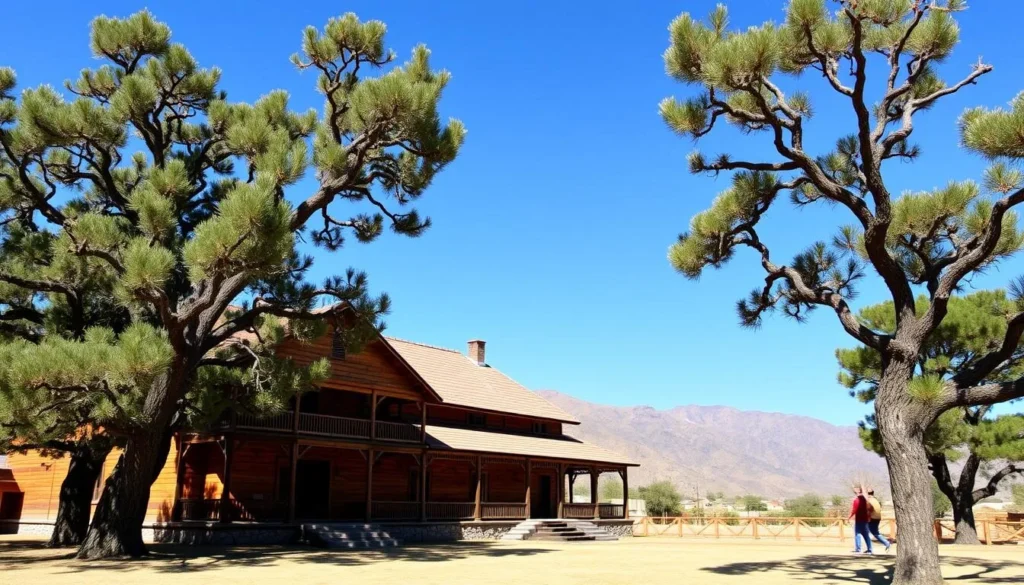
The historic Quaid-e-Azam Residency stands as an important national monument
More Must-Visit Places in Quetta
4. Urak Valley
Known as “the land of orchards,” Urak Valley is located about 21km from Quetta and is famous for its fruit gardens, particularly apples, peaches, and pomegranates. The valley offers picturesque routes lined with fruit trees and wild rose shrubs, making it a perfect day trip destination. The best time to visit is during spring when the trees are in bloom or autumn during the harvest season when you can sample fresh local fruits.
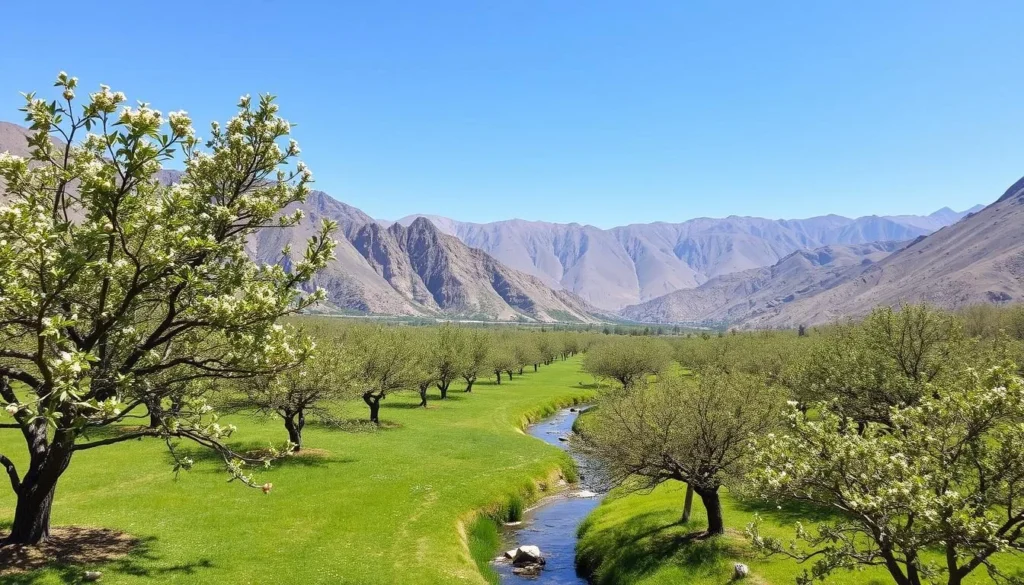
Urak Valley’s abundant orchards produce some of Pakistan’s finest fruits
5. Pir Ghaib Waterfall
Located near the town of Mach, about 56km from Quetta, Pir Ghaib Waterfall is a hidden natural wonder surrounded by legends. According to local folklore, a holy man once disappeared mysteriously near this spot, giving the falls their name which translates to “the invisible saint.” The waterfall creates a refreshing oasis in the otherwise arid landscape, with cool, clear water cascading down rocky cliffs. The site also features ancient rock carvings and a small shrine.
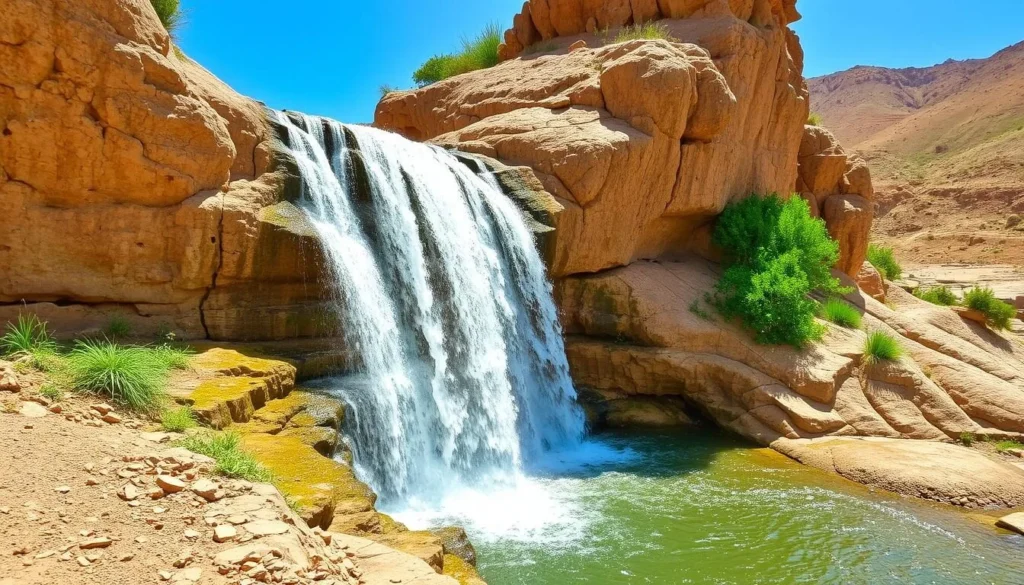
Pir Ghaib Waterfall offers a refreshing retreat in the arid landscape
6. Ziarat Juniper Forest
Home to some of the oldest and largest juniper trees in the world, with specimens estimated to be 4,000-5,000 years old, the Ziarat Juniper Forest is a UNESCO World Heritage Site. Located near the town of Ziarat, these ancient trees create a mystical atmosphere, especially in the early morning when mist often shrouds the forest. The area offers excellent hiking opportunities and chances to spot local wildlife.
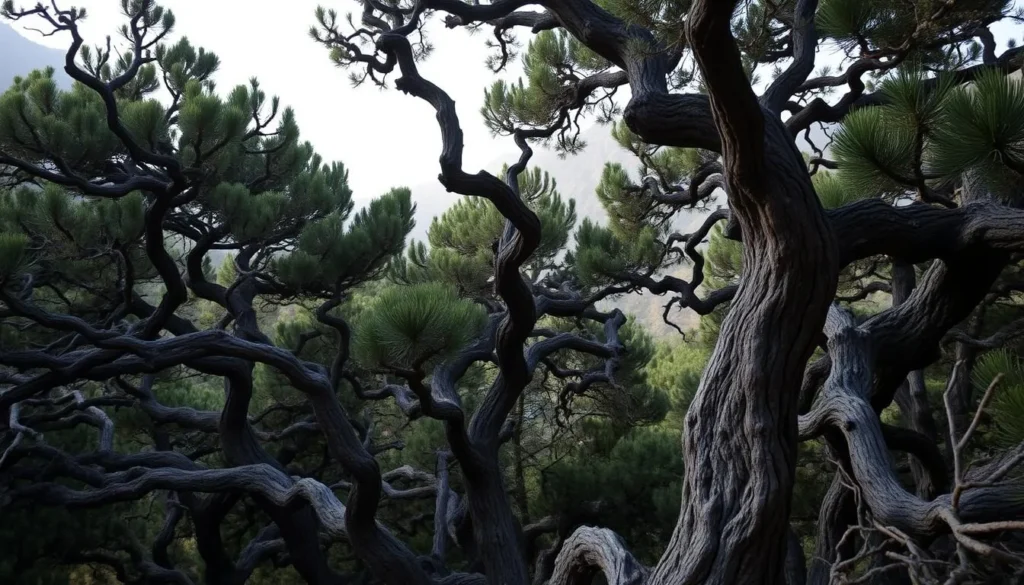
The ancient juniper trees of Ziarat Forest are among the oldest living things in Asia
Local Cuisine and Dining
Quetta’s culinary scene reflects its cultural diversity and strategic location near Afghanistan and Iran. The city offers a range of delicious dishes that should be part of any visitor’s experience.
Must-Try Dishes
Sajji
A Balochi specialty consisting of whole lamb or chicken marinated with simple salt and stuffed with rice, then roasted over an open fire. The result is tender meat with a smoky flavor, typically served with special rice and bread.
Kabuli Pulao
Influenced by Afghan cuisine, this aromatic rice dish is prepared with tender pieces of lamb, carrots, raisins, and a blend of spices. It’s a hearty and flavorful meal that showcases the region’s cross-border culinary influences.
Chapli Kebab
These spiced meat patties are made from ground beef or mutton mixed with various spices, tomatoes, onions, and green chilies, then fried to perfection. They’re typically served with naan bread and yogurt sauce.
Dried Fruits and Nuts
Quetta is famous for its high-quality dried fruits and nuts, including apricots, mulberries, almonds, and pistachios. These make excellent snacks during your travels or gifts to take home.
Where to Eat
Jinnah Road and Liaquat Bazaar host numerous local eateries serving authentic Balochi and Pashtun cuisine. For a more upscale dining experience, the restaurants in major hotels like Serena offer a mix of local and international dishes. Don’t miss the opportunity to visit the traditional tea houses where you can enjoy Kahwa (green tea with cardamom) and engage with locals.
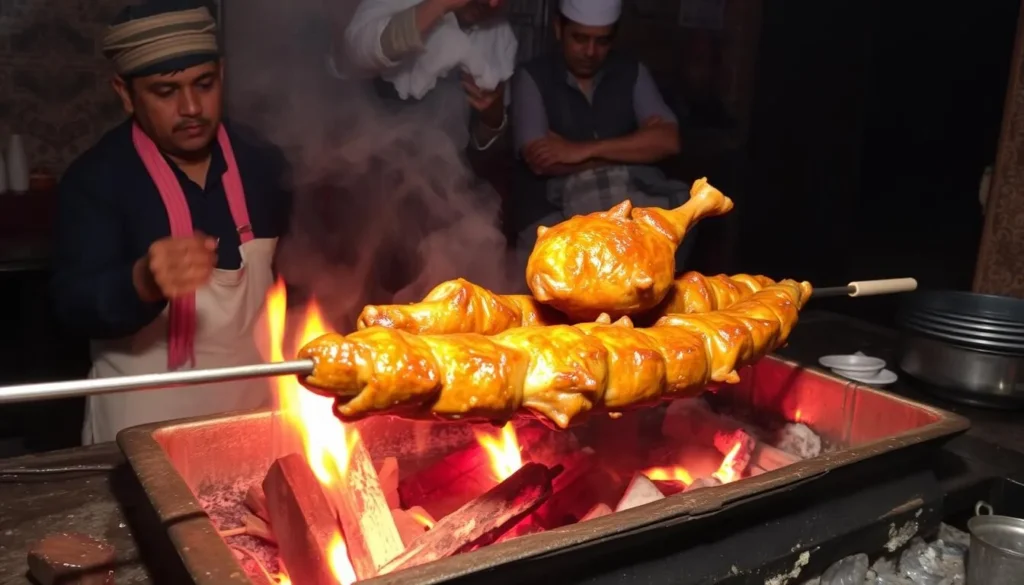
Traditional Sajji preparation is a culinary spectacle worth experiencing
Practical Tips for Visiting Quetta
Safety Considerations
While Quetta has become significantly safer in recent years, it’s advisable to check the latest travel advisories before your trip. Register with your country’s embassy upon arrival, avoid traveling after dark in remote areas, and respect local customs and traditions. Hiring a local guide can enhance both your safety and experience.
Local Etiquette
Quetta is a conservative city with strong religious and cultural traditions. Visitors should dress modestly, with women covering their shoulders, arms, and legs. When visiting religious sites, women should also cover their heads. Always ask permission before photographing locals, particularly women. Remove shoes when entering homes or religious buildings.
Communication
While Urdu is Pakistan’s national language, Pashto and Balochi are commonly spoken in Quetta. English is understood in tourist areas and hotels but less so in rural regions. Learning a few basic phrases in Urdu or Pashto can greatly enhance your experience and show respect for local culture.
Money Matters
The Pakistani Rupee (PKR) is the local currency. ATMs are available in Quetta city but may be scarce in outlying areas, so carry sufficient cash for day trips. Credit cards are accepted at upscale hotels and restaurants but not widely used in markets and local establishments. Bargaining is expected in markets but should be done respectfully.
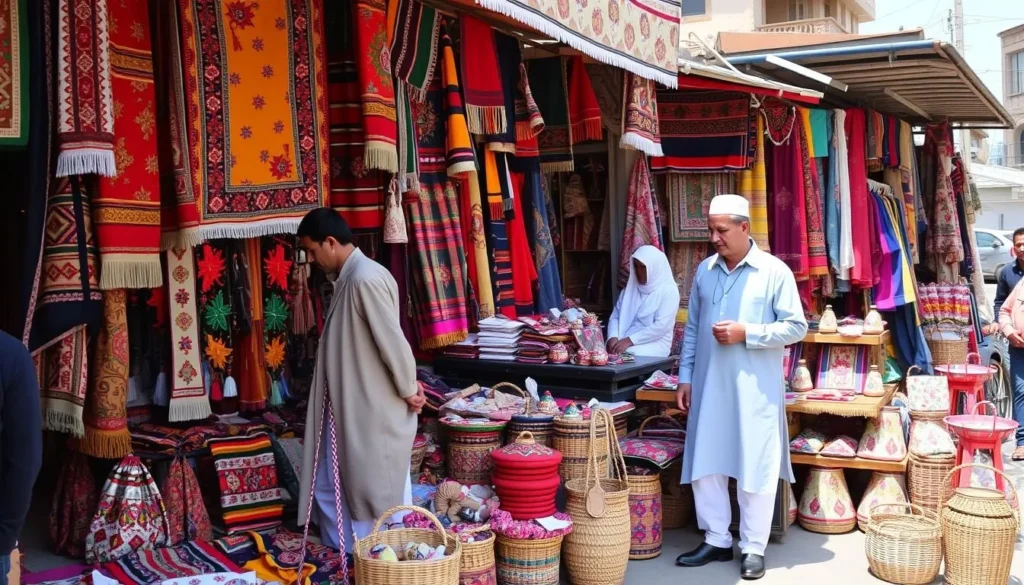
Quetta’s markets offer a wealth of traditional textiles and handicrafts
Why Quetta Should Be On Your Travel List
Quetta offers a refreshingly authentic travel experience away from Pakistan’s more touristy destinations. Its unique blend of natural beauty, cultural heritage, and warm hospitality makes it an ideal destination for travelers seeking to venture beyond the ordinary. From the tranquil waters of Hanna Lake to the ancient juniper forests of Ziarat, from the bustling markets filled with colorful handicrafts to the mouthwatering local cuisine, Quetta rewards visitors with unforgettable experiences and insights into a lesser-known region of Pakistan.
As you plan your journey to this mountain-ringed city, remember that the true treasure of Quetta lies not just in its attractions but in the opportunity to experience a way of life that has remained largely unchanged for generations. Whether you’re an adventure seeker, a history enthusiast, or simply a curious traveler, Quetta’s diverse offerings ensure a journey that will linger in your memory long after you’ve returned home.
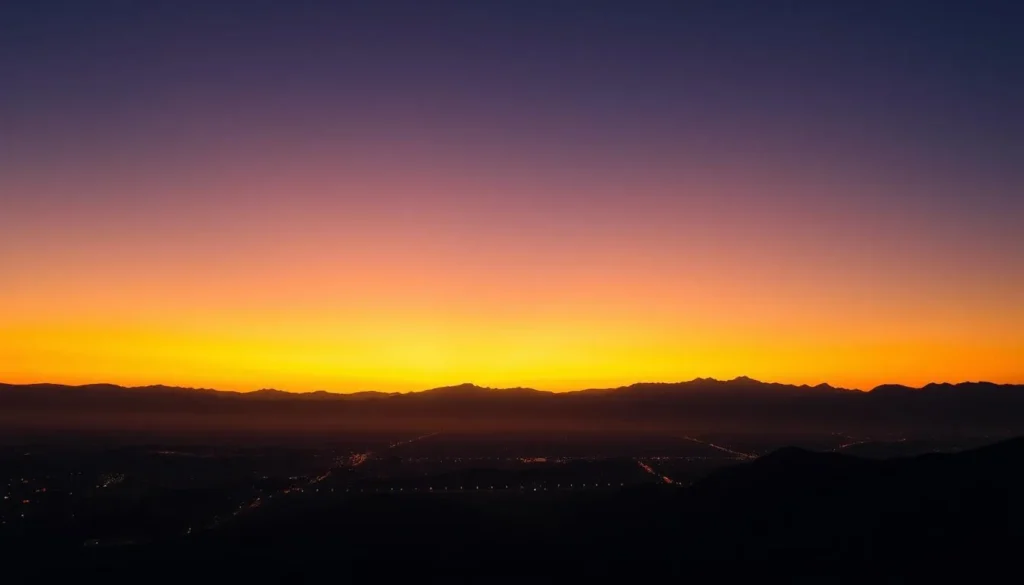
Quetta’s dramatic landscapes are particularly magical during sunset
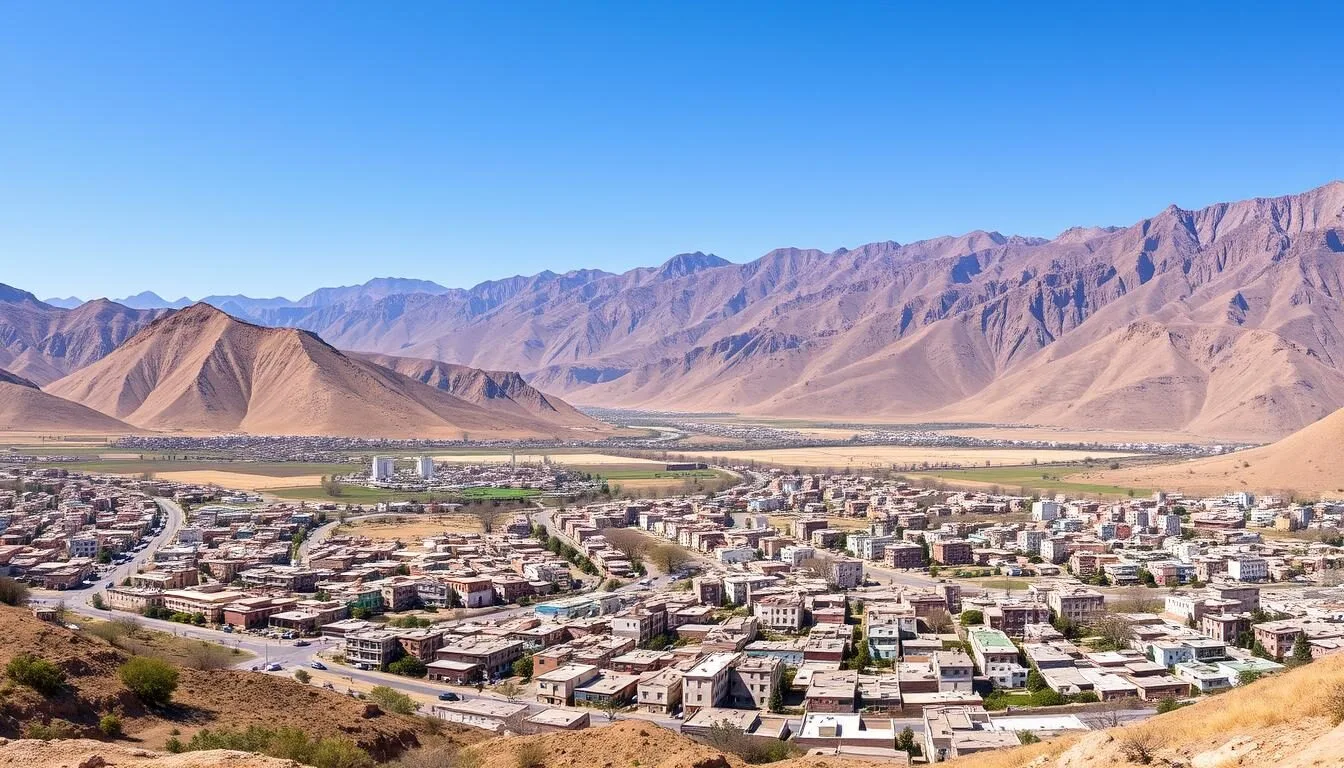
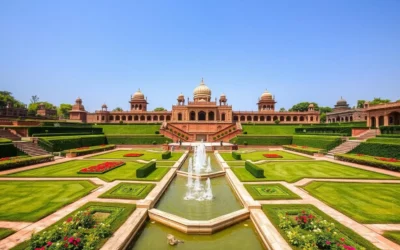
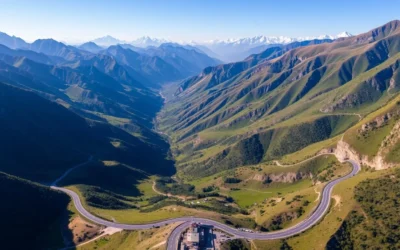
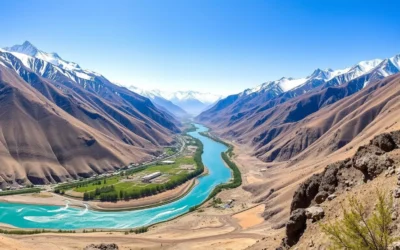
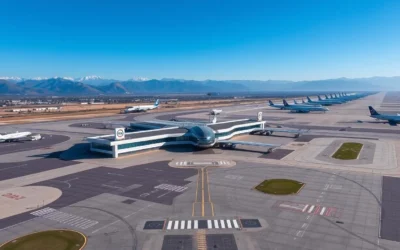
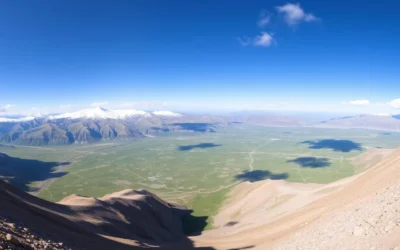
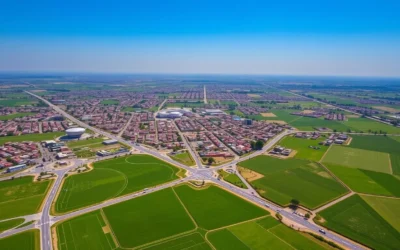
0 Comments